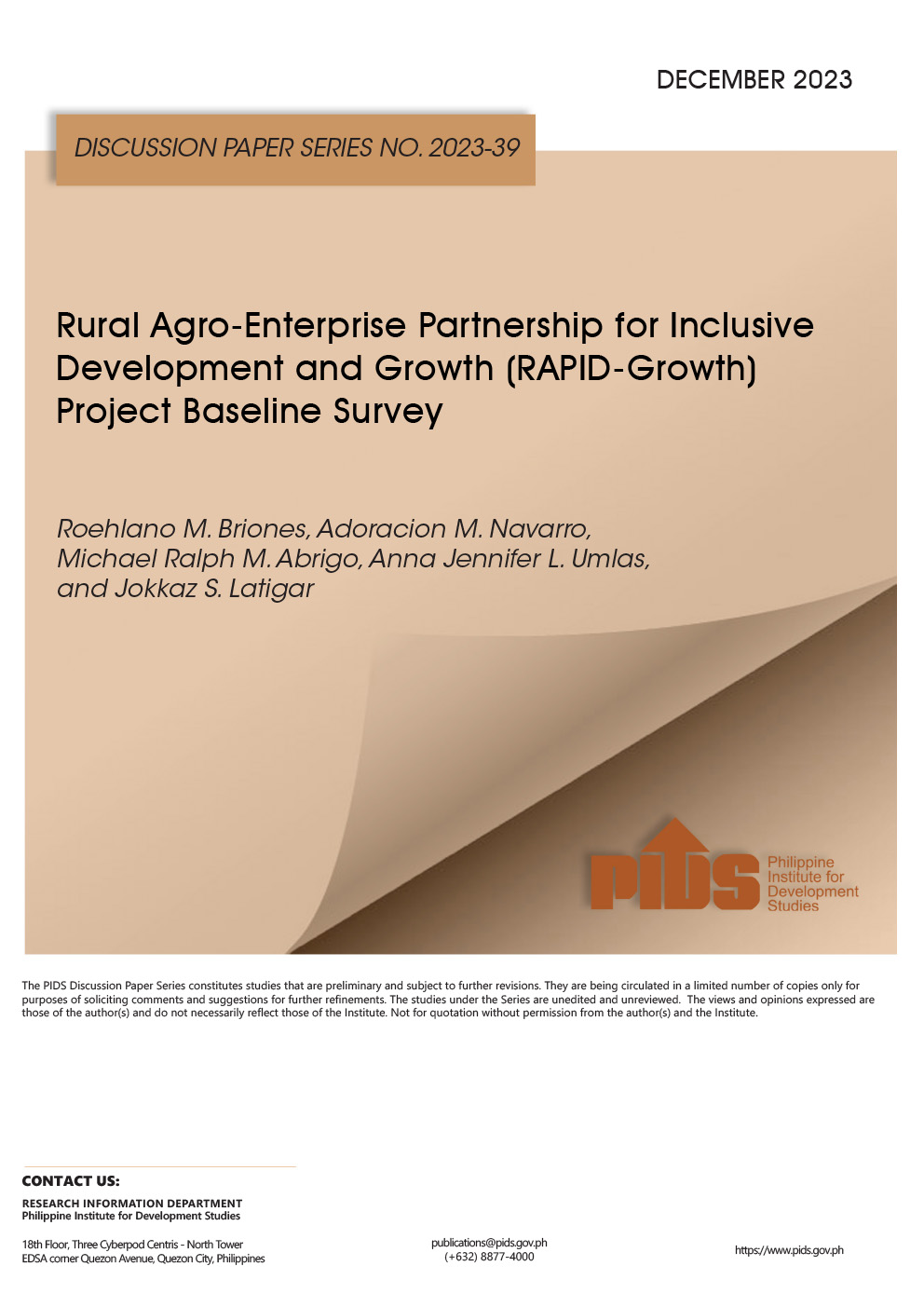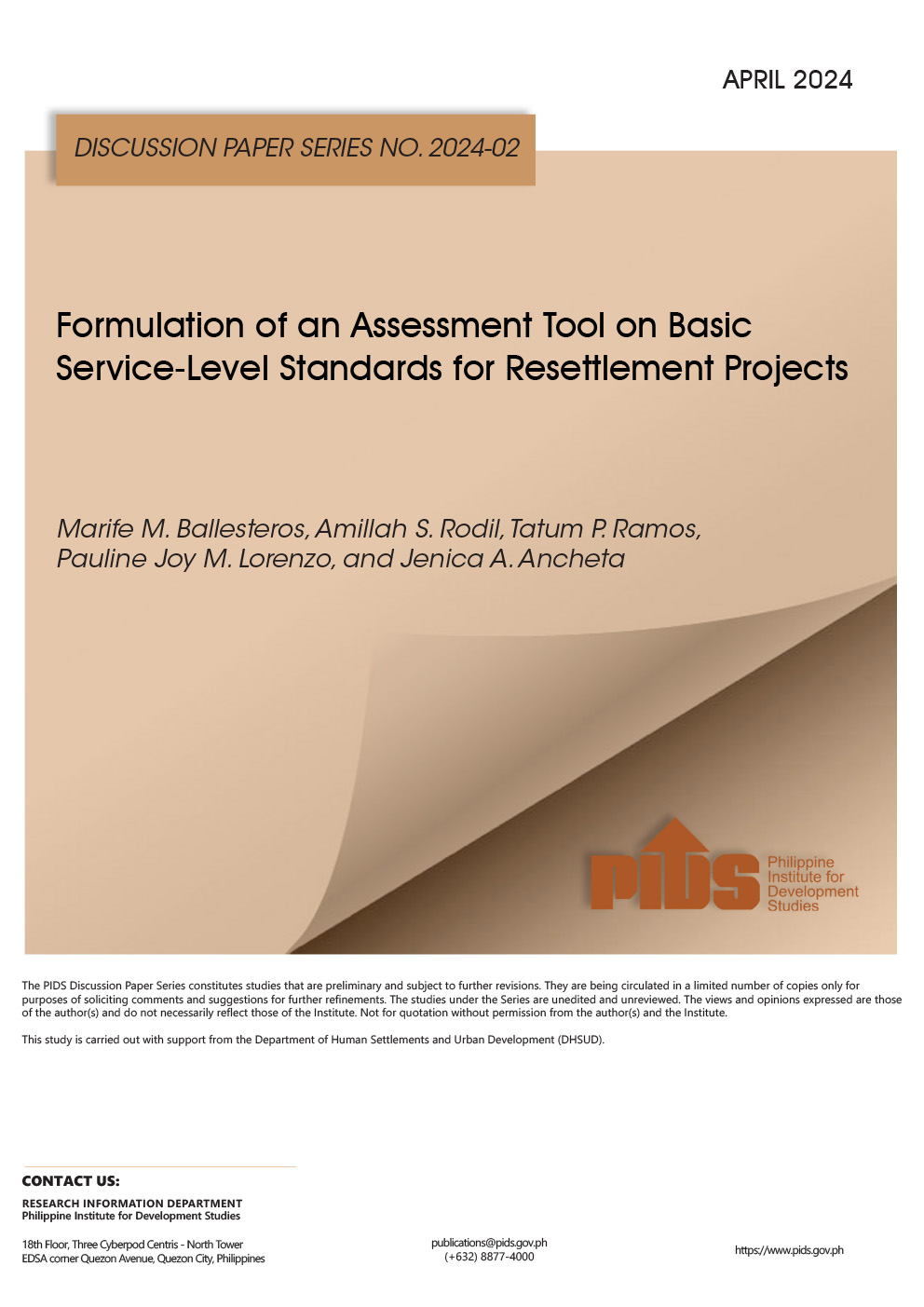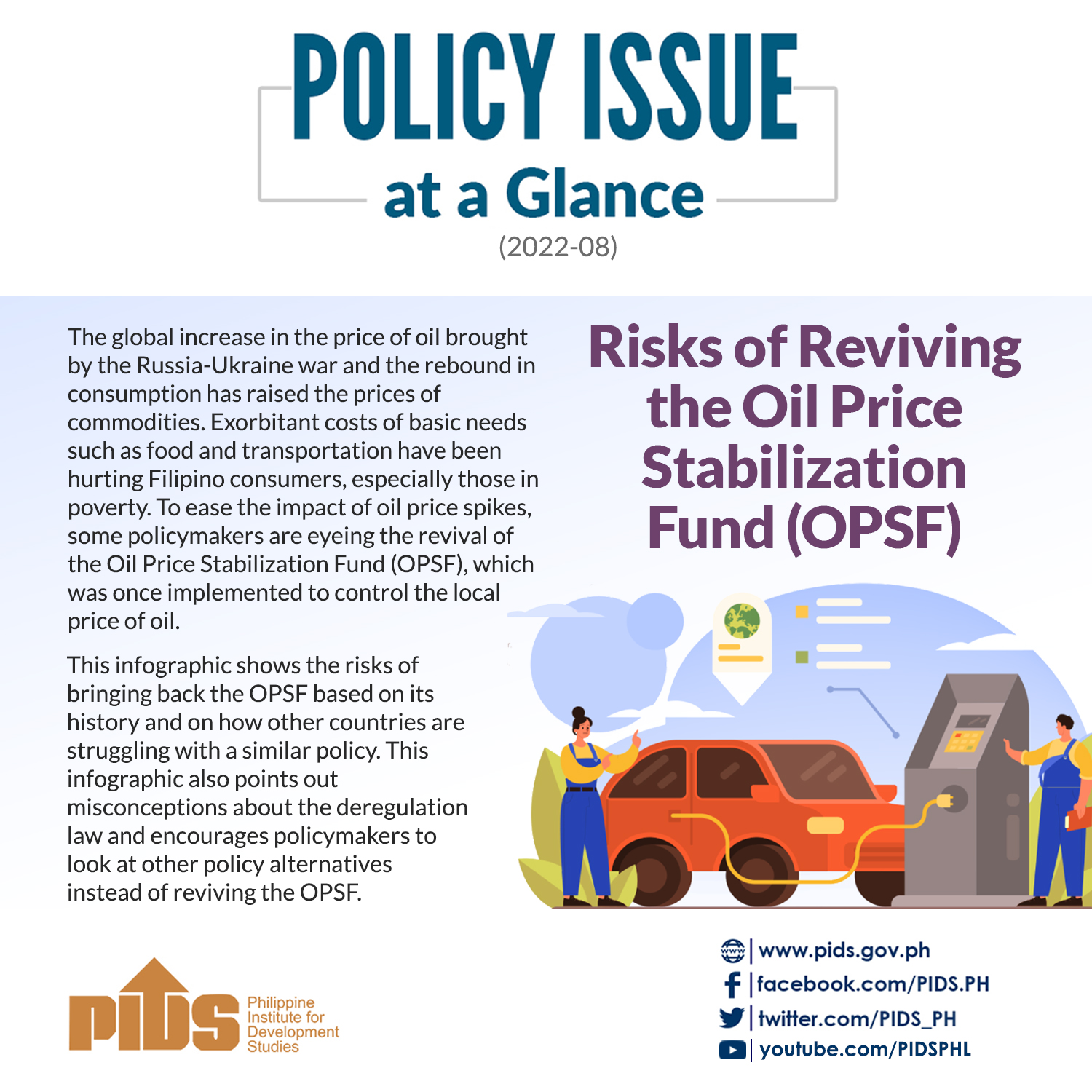Agriculture Secretary Emmanuel Piñol said the Department of Agriculture (DA) is set to facilitate the transfer of more than P1 billion worth of Agricultural Competitiveness Enhancement Fund (ACEF) to Land Bank of the Philippines.
The transfer will allow farmers to have access to the loaning program, which has been marked with corruption and disbursement issues in the previous years.
ACEF is a grant program of the national government that is meant to increase the productivity of agricultural and fisheries producers through the provision of loans to competitiveness-enhancing projects, particularly Small and Medium Enterprises (SMEs).
However, the program was suspended by the Department of Budget and Management (DBM) because of several issues such as low loan repayment rates and poor loan accessibility performance.
Philippine Institute for Development Studies (PIDS) said that from the start of its actual implementation in 2000, ACEF has been “plagued by various problems” which may have significantly derailed the attainment of its objectives.
“Among the earlier reported limitations of the program were its weak identification of strategic investment areas to benefit the most vulnerable agricultural sectors, lack of a monitoring system to ensure the availability and timely release of funds, and absence of impact assessment to determine the contribution of the fund to the competitiveness agenda,” PIDS said.
But after a thorough review and modification by the Senate Committee on Agriculture under Senator Cynthia Villar, Piñol said the “new ACEF Loaning Program” is now ready for implementation, with a budget of P4 billion.
“We have approved the guidelines for ACEF, with an initial allocation of P1.28 billion for loans which could be accessed by farmers and farm groups,” Piñol said in an interview.
Under the new ACEF Loaning Program, the applicants will have to deal directly with Land Bank.
On Monday, the R1.28 billion worth of funds were already turned over to Landbank.
Under the program, a maximum of P1 million can be borrowed by individual borrowers and P5 million for associations and cooperatives.
Once implemented, ACEF loans could only be used for projects in agriculture and fisheries, including post-harvest and processing facilities.












